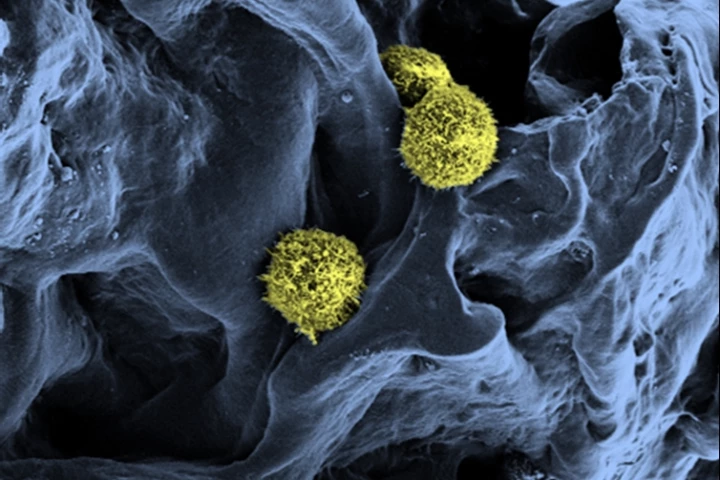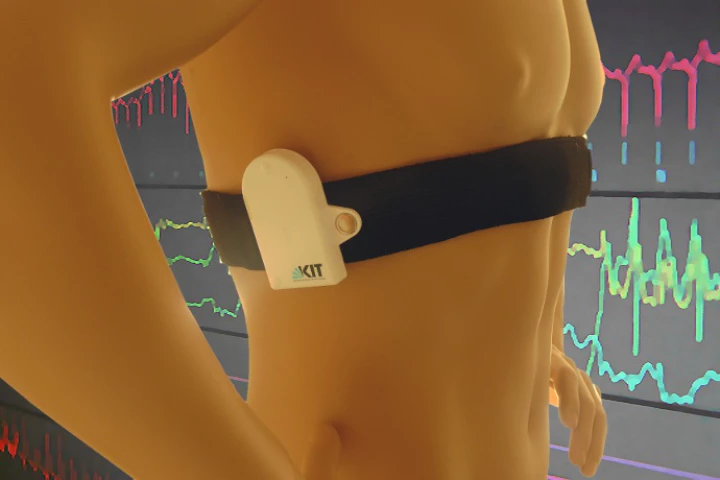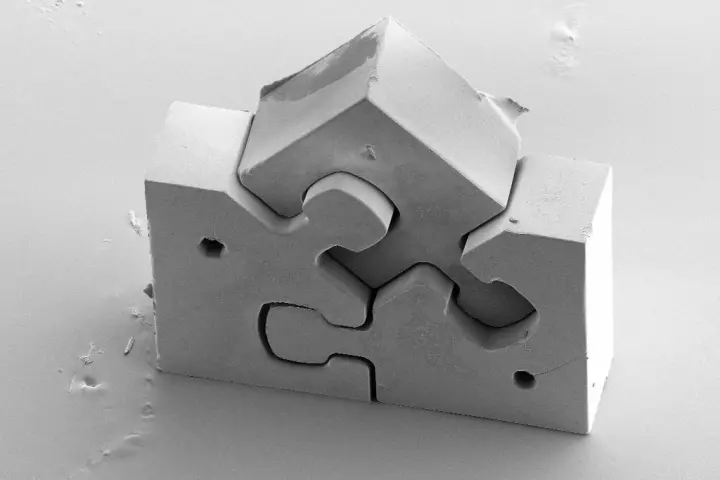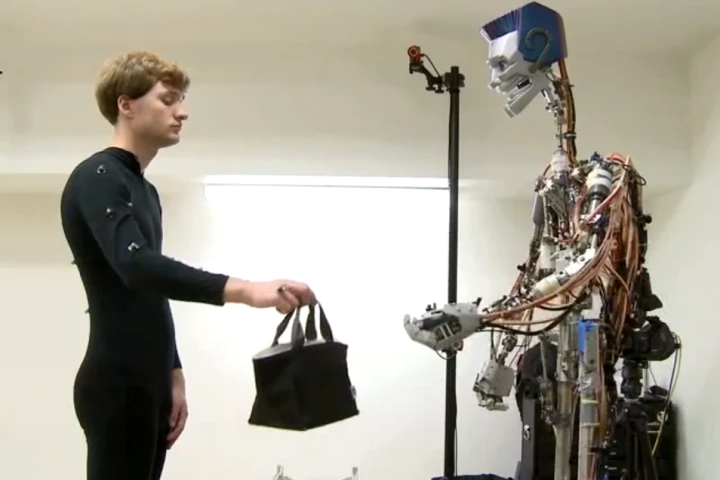Karlsruhe Institute of Technology
-
Researchers from the Karlsruhe Institute of Technology have studied the wings of glasswing butterflies in an effort to determine what causes their low-reflective nature. It's believed that the findings of the study could lead to less reflective screens on mobile phones, tablets and other devices.
-
New research from the Karlsruhe Institute of Technology (KIT) details the development of an electrolyte that can be used in new magnesium-sulfur battery cells that would be more efficient and inexpensive than the dominate types of batteries today.
-
Researchers at the Karlsruhe Institute of Technology are developing a fine dust sensor that attaches to your smartphone, which could be used to generate real-time crowdsourced pollution maps.
-
Scientists at Karlsruhe Institute of Technology have developed a method of concealing objects from the sensation of touch that would finally meet the exacting standards of Hans Christian Andersen's fairy tale princess, who felt a single pea prodding her beneath 20 mattresses and 20 feather beds.
-
Water-borne bacteria and viruses can cause serious health problems, but many places in Africa do not have access to clean drinking water. Mdori, in Tanzania, is such a place. In addition, its natural spring water is too high in salt and fluoride. A new water filtration system could change this.
-
Researchers have developed a lightweight, high-strength material inspired by the framework structure of bones and wood and the shell structure of bees' honeycombs. The material is less dense than water but, relative to its size, boasts strength comparable to high-performance steel or aluminum.
-
Researchers at Germany's Karlsruhe Institute of Technology (KIT) have developed a self-healing polymer that can mend itself and fully restore its mechanical properties in just a few minutes when heated at low temperatures.
-
Unlike adhesive tape, gecko's feet retain their sticky qualities even after many, many uses. Now, thanks to research being conducted at Carnegie Mellon University and Germany's Karlsruhe Institute of Technology, we may one day be using self-cleaning reusable gecko-inspired tape.
-
European researchers have announced a breakthrough in the development of artificial bone marrow which expands the ability of scientists to reproduce stem cells in the lab and could lead to increased availability of treatment for leukemia sufferers.
-
A new sensor belt prototype developed at KIT allows an ECG to be recorded around the clock for up to six months, increasing the chances a problem will be discovered and treated before an emergency strikes.
-
It may consist of only three pieces, but at under a millimeter in size each, we imagine this jigsaw puzzle made at the Karlsruhe Institute of Technology (KIT) is a little on the fiddly side.
-
By building a database of captured human motion, Disney Research and Karlsruhe Institute of Technology are making strides towards building a robot that can take an object handed to it by a human.
Load More











